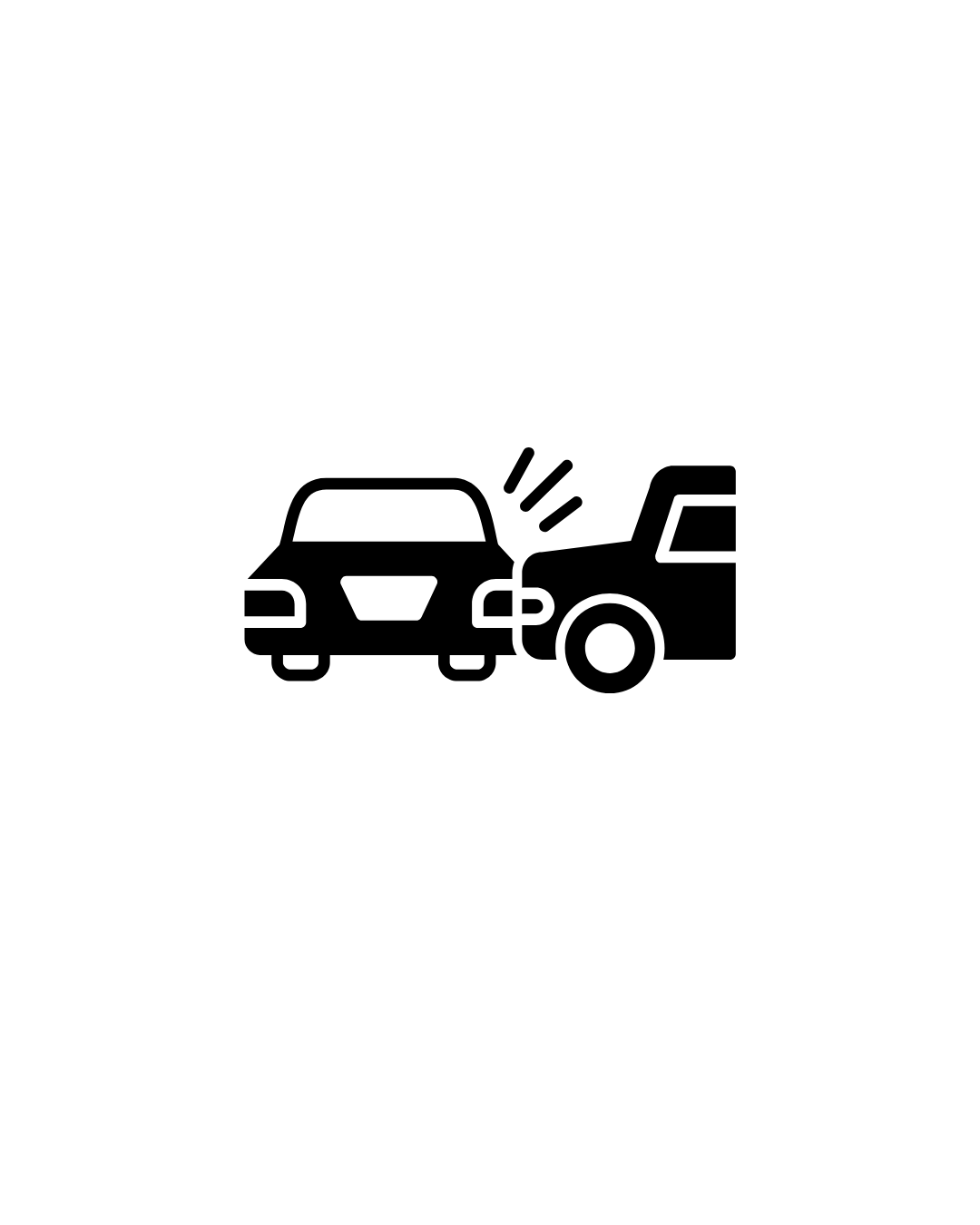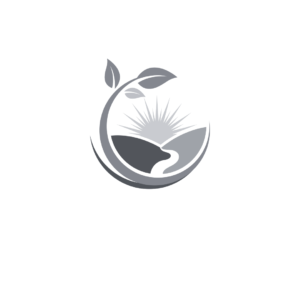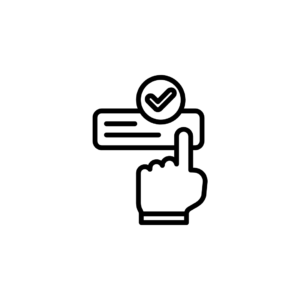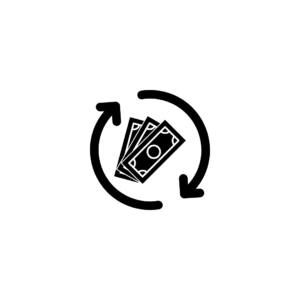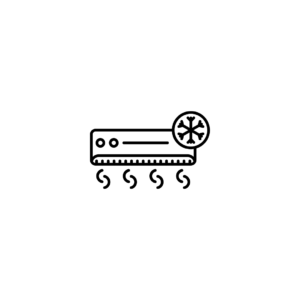Description
Course Details
Collision Repair Fundamentals: You’ll learn the fundamentals of collision repair, including damage assessment, structural repair, body panel replacement, and surface preparation.
Welding and Metalworking: You’ll gain skills in welding and metalworking techniques, including MIG welding, TIG welding, and plasma cutting, for repairing and fabricating metal components.
Painting and Refinishing: You’ll study painting and refinishing techniques, including color matching, surface preparation, paint application, and polishing.
Automotive Mechanical Systems: You’ll learn about automotive mechanical systems, including engines, transmissions, suspensions, and brakes, to understand how they are affected by collisions.
Automotive Electrical Systems: You’ll gain knowledge of automotive electrical systems, including wiring, lighting, and electronic components, to diagnose and repair electrical issues related to collisions.
Estimating and Costing: You’ll study estimating and costing methods for collision repair, including damage assessment, labor costs, and material costs.
Insurance Procedures: You’ll learn about insurance procedures related to collision repair, including claim processing and working with insurance adjusters.
Safety and Health: You’ll learn about safety regulations and health hazards related to collision repair, including personal protective equipment and safe work practices.
Practical Training: Most B.Voc programs include internships or apprenticeships in auto body repair shops or collision centers, providing hands-on experience in repairing damaged vehicles.
Job Opportunities
Graduates of the B.Voc in Collision Repair program can find employment in various roles, including:
Auto Body Technician: Repairing damaged body panels, frames, and other structural components of vehicles.
Paint Technician: Preparing surfaces, matching colors, and applying paint to vehicles.
Estimator: Assessing damage to vehicles, estimating repair costs, and working with insurance companies.
Shop Foreman: Supervising and coordinating collision repair activities in a repair shop.
Insurance Adjuster: Evaluating damage to vehicles and determining insurance claims.
Self-Employed Collision Repair Technician: Starting and running your own collision repair business.
Key Skills for Success
Manual dexterity and hand-eye coordination
Attention to detail and precision
Knowledge of automotive systems and repair techniques
Ability to use collision repair tools and equipment
Problem-solving and analytical skills
Safety consciousness
By pursuing a B.Voc in Collision Repair, you can gain the skills and knowledge needed for a rewarding career in the skilled trade of collision repair, restoring damaged vehicles to their pre-accident condition.





